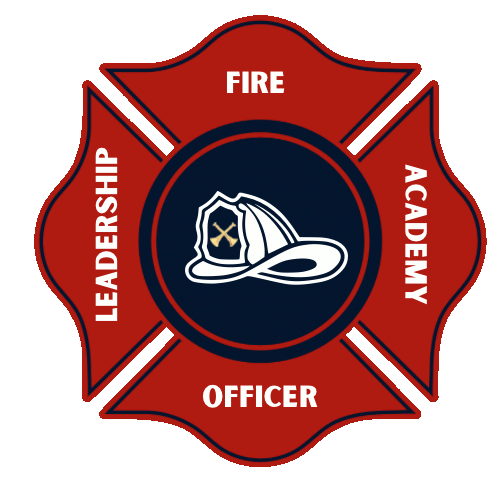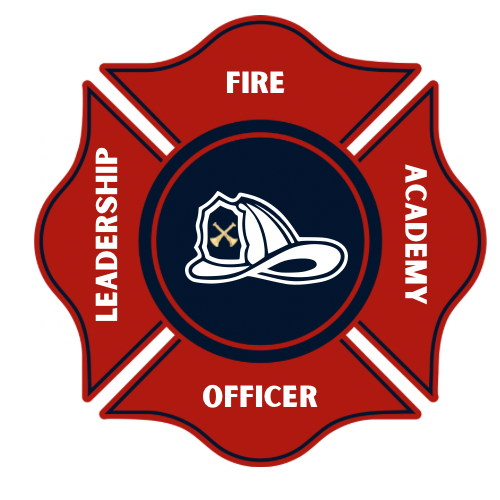Last week’s blog asked if you would enter a toxic atmosphere unprotected. I compared a choking cloud of chlorine gas to a noxious work environment and the impact on mental and physical health.
Required signs
The photo shows a restricted area at an industrial waste site warning people of the dangers behind the fence. Laws and regulations require signage at these types of facilities.
Yet there are no danger signs placed at the doors of a business, nonprofit, or government entity warning employees of the hazards inside created by owners, bosses, supervisors, and managers.
Please take note that I did not include leaders in the list above because leaders understand the menaces associated with a toxic work environment.
Danger
Do your employees run, hide, or clam up when you enter a room or building? If so, that is what my friends in law enforcement refer to as a clue and it is a danger sign.
What causes that type of behavior in employees?
- Fear and intimidation.
- Frustration and anger
- Disengagement and apathy
What causes those emotions in employees?
- Bosses who micromanage, find fault, and create distrust.
- Bosses who yell, bully, threaten, and constantly remind the underlings who is in charge.
- Bosses who fail to recognize demanding work and employee achievements.
Working in the danger zone
If any of the above is present in your organization, then you should ask:
- “Am I creating a toxic, danger zone?”
- “How much money are we losing due to employee disengagement and turnover?”
- “Do our supervisors, company officers, and chief officers create a toxic environment and I’m not aware of it?”
Turning the danger zone into a safe zone
Businesses, organizations, and government agencies struggle to find and keep employees. So why would anyone create or sustain a toxic work environment? That is shear insanity and stupidity! Stand up and have the courage to make the change to a non-toxic work environment.

